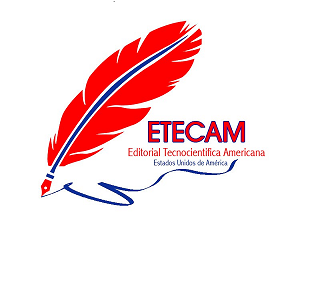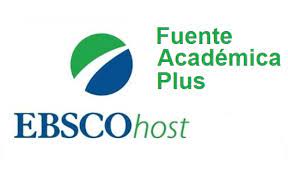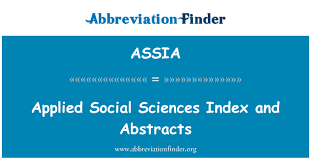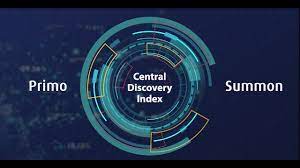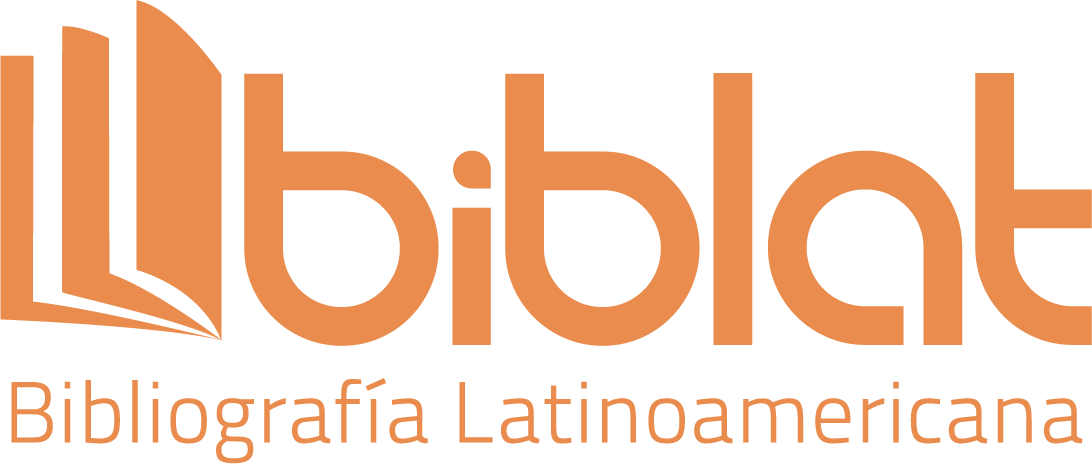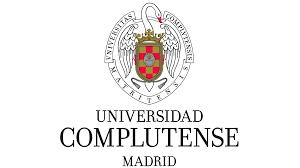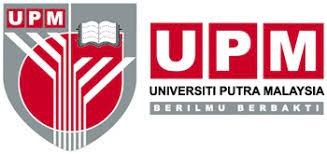Using self-assessment to improve students' oral English language skills in virtual teaching
DOI:
https://doi.org/10.51736/sa.v7iEspecial%202.221Keywords:
feedback, learning, mastery, shortagesAbstract
The evaluation and scoring of spoken English during virtual classes has become a common task in public schools. Several teachers have identified various challenges, such as the student's limited language proficiency, lack of prior knowledge of English, student dependency on the teacher, poor exposure to English outside the classroom, lack of consistency in student performance. student and teachers' limited expectations of what students can achieve, as well as the scarcity of technological devices that support development in the use of language platforms and courses. The main objective of this research is to improve students' English proficiency by using self-assessment in collaboration with Flipgrid, an online tool that allows users to create audio recordings and short videos. The methodology used is based on action research with an interpretive approach to analyze the environment and seek solutions through open research. The population under study includes a group of students with whom virtual English classes were carried out. The findings obtained facilitate feedback and foster a supportive learning environment as means that contribute to the progress of students, providing them with the opportunity to take corrective measures in their learning process.
Downloads
References
Al-Sinan, S. (2008). Developing learners’ self-assessment skills. Investigating English language teaching in Oman. Oman.
Fan, J. and Yan, X. (2020) Assessing Speaking Proficiency: A Narrative Review of Speaking Assessment Research Within the Argument-Based Validation Framework. Front. Psychol, 11, 330. doi: 10.3389/fpsyg.2020.00330
Fulcher, G. (2015a). Assessing second language speaking. Lang. teaching, 48, 198–216. doi: 10.1017/S02614448140 00391.
Green, T., & Green, J. (2018). Flipgrid: Adding voice and video to online discussions. TechTrends, 62, 128–130. https://link.springer.com/article/10.1007/s11528-017-0241-x
Ibberson, H. (2012). Can learners self-assess their speaking ability accurately? Multilingual Theory and Practice in Applied Linguistics, 81-84.
Isaacs, T. (2016). Assessing speaking, in Handbook of Second Language Assessment, Vol. 12, eds D. Tsagari and J. Banerjee (Boston, MA; Berlin, Germany: De Gruyter), 131–146.
Kostons, D., Gog, T.v., & Paas, F. (2009). Self-assessment and task selection in learner-controlled instruction: Differences between effective and ineffective learners. Computers & Education, 54(2010), 932-940.
Kostons, D., Gog, T.V., & Paas, F. (2012). Training self-assessment and task-selection skills: A cognitive approach to improving self-regulated learning. Learning and Instruction, 22, 121-132.
Marzuki, A. G. (2019). Utilizing recorded English dialogues in teaching English word stress to Islamic higher education students in Indonesia. Journal Pendidikan Islam, 5(1),53–64.
McMillan, J. H. & Hearn, J. (2008). Student self-assessment: The key to stronger student motivation and higher achievement. Educational Horizons, 87, 40-49.
Morgan, C., & O'Reilly, M. (2001). Innovations in Online Assessments. Innovations in Open & Distance Learning: Succesful Development of Online and Web-Based Learning, 179-188.
Parmawati, A. (2018). Using analytic teams’ technique to improve students’ speaking skill. Edulitics. Journal Education, Literature, and Linguistics, 3(2), 21–25.
Patthey, G., & Thomas-Spiegel, J. (2013). Action Research for Instructional Improvement: The Bad, the Ugly, and the Good. Educational Action Research, 468-484.
Sreena, S. & Ilankumaran, M. (2018). Types of communication skills and the ways and means to enhance them. International Journal of English Language and Literature in Humanities, 6(4), 492-498.
Tholin, J. (2008). Learner autonomy. self-directed learning and assessment: Lessons from Swedish experience. Independence, 9-12.
Wiggins, G. P., & McTighe, J. (2005). Understanding by design. Alexandria. Association for Supervision and Curriculum Development.
Published
How to Cite
Issue
Section
License
Copyright (c) 2024 Danny Córdova García, Leontes Zambrano Barcos, Mauricio Muñoz Mejía, Hilda Quijije Quiroz

This work is licensed under a Creative Commons Attribution-NonCommercial-ShareAlike 3.0 Unported License.













